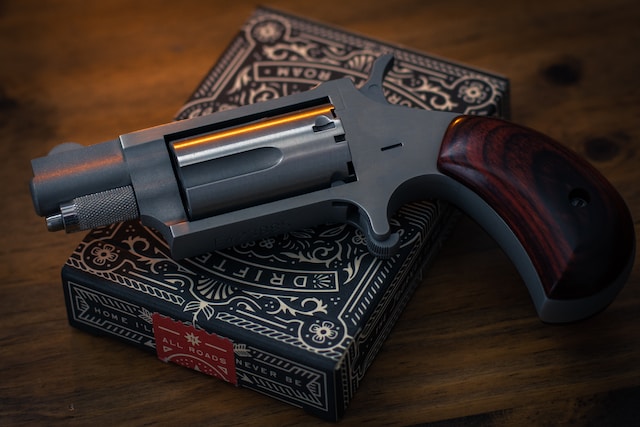
Taking a Closer Look at Felony Weapons Possession Courses
The topic of firearm possession after a felony conviction is multifaceted and emotionally charged. In many jurisdictions, a felony conviction carries legal restrictions on owning or possessing firearms, raising questions about rehabilitation, second chances, and public safety. In this context, felony weapons possession courses (FWPCs) have emerged as a potential pathway for individuals with past convictions to navigate these restrictions and potentially regain firearm access.
Understanding the Landscape
FWPCs vary significantly in structure and content across jurisdictions. Some court ordered felony weapons possession course is part of probation or parole, while others are voluntary options undertaken by individuals seeking firearm restoration. Typically, these courses span several hours or days, covering topics like firearm safety, laws and regulations, responsible gun ownership, conflict resolution, and the potential consequences of firearm misuse.
Identifying the Issue
The laws regarding criminal possession of weapons are comprehensive and complex. It is illegal for anyone with a felony conviction on their record to possess any weapon, from switchblades and gravity knives to rifles, shotguns, and even BB guns. Firearms altered or defaced to avoid tracing back to the owner are also strictly prohibited under state law.
Depending on the severity of the offense, a person may be charged with either a class E non-violent felony or a class D violent felony. This severe crime can lead to years of imprisonment and expensive fines. Fortunately, a skilled attorney could help to minimize the consequences by challenging the prosecution’s evidence. For example, a skilled lawyer could raise the question of whether or not a search of a vehicle or home was lawful. If it was not, the charges might be dismissed. The defense team would also focus on disproving constructive possession of a firearm.
Identifying the Prosecution
Having a prosecutor as an ally in any criminal case is essential. They search for the truth and help the court arrive at it by disclosing relevant information to the defendant.
If you’re charged with criminal possession of a weapon, it can have serious consequences such as jail time, a permanent record, and loss of professional licenses and permit privileges. The penalty for this offense can include a mandatory minimum sentence of five years in prison. Other penalties can include a fine and forfeiture of any property acquired through the commission of the crime.
A criminal defense attorney can be helpful to defend against such charges. For instance, they may argue that you were not in actual possession of the firearm but instead were guilty of constructive possession. This is a common defense when weapons are found in a home or vehicle without evidence that you touched them.
Identifying the Defense
The crime of felony weapons possession is a serious one that has lifelong consequences. It could lead to a conviction, years behind bars, and the loss of privileges like professional licenses or firearms permits. A criminal lawyer with experience handling felony weapons cases can help you fight the charge.
The defense may include challenging how the prosecution defines what qualifies as a weapon. It could also involve investigating whether the police acted within their authority when investigating the incident. If they did not, the resulting evidence may be inadmissible, and the case dismissed.
One possible defense strategy is to challenge the defendant’s intent. For example, suppose a case involves the criminal possession of an explosive substance. In that case, the prosecution must prove beyond a reasonable doubt that the defendant intended to use it unlawfully against another person or property. A lawyer can challenge the defendant’s knowledge, intent, or possession of the explosive substance. The defendant could also claim that they were unaware of the nature or toxicity of the substance.
Identifying the Judge
If someone is found guilty of any offense related to weapons, they could be sentenced to several years in prison. For example, criminal possession of weapons in the first degree is considered a class B violent felony, which carries a mandatory minimum sentence of five years and a maximum sentence of 25 years. A person convicted of weapons-related crimes may have to forfeit certain rights, including voting and firearm ownership, and may also have their professional licenses revoked, such as law enforcement and firearms permits.
It is essential to hire an experienced criminal lawyer to safeguard your rights and interests, particularly if you are facing charges of criminal possession of weapons on school grounds. This offense is classified as a class E non-violent felony and may result in a one-year prison sentence and a substantial fine.
The question of whether and how to offer weapons possession courses to felons remains a complex issue. However, by promoting open dialogue, conducting thorough research, and prioritizing public safety and individual rights, we can develop informed and nuanced policies that address the realities of firearm possession after a felony conviction.





